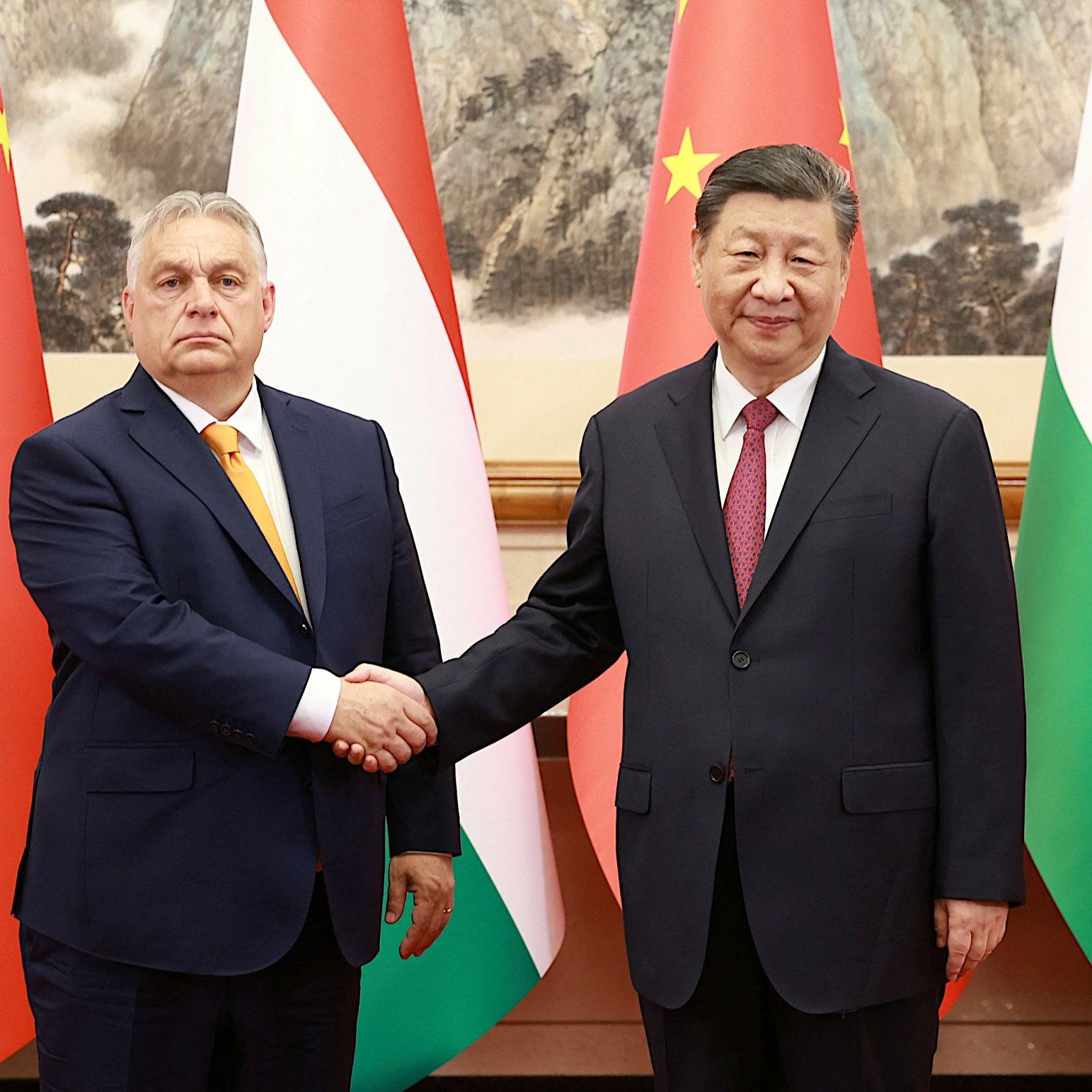
Introduction
Viktor Orban, Hungary’s Prime Minister since 2010, has become a prominent figure in European politics, known for his controversial policies and nationalistic rhetoric. As the leader of the Fidesz party, Orban has been instrumental in reshaping Hungary’s political landscape and its relationships with other European Union (EU) nations. His governance style, characterised by an emphasis on sovereignty and cultural identity, has sparked both support and criticism within Hungary and beyond. Understanding his leadership is crucial for analysing the current political dynamics in Europe.
Political Landscape Under Orban
Orban first took office in 1998, and after a brief hiatus, he returned to power in 2010. Since then, he has implemented a series of reforms which critics argue undermine democratic institutions and free press. His government has faced accusations of fostering an ‘illiberal democracy,’ a term Orban himself has embraced. Key policies include constitutional changes, centralisation of media control, and stringent immigration laws.
One of Orban’s most contentious moves has been his stance on immigration. He spearheaded a campaign against migrants and refugees, advocating for a heavily fortified southern border to prevent illegal crossings. This hardline approach has resonated with many Hungarians, contributing to his party’s electoral success. However, it has also led to tensions with EU leaders who advocate for a more open approach to immigration.
International Relations
Orban’s leadership style and policies have led to strained relations with multiple EU leaders, particularly over issues like rule of law and democratic governance. He has often positioned Hungary as a defender of traditional values against what he describes as the overreach of Brussels, advocating for national sovereignty over EU regulations. In 2021, Hungary’s controversial law banning the portrayal of LGBTQ+ issues in schools drew widespread condemnation from other EU countries, placing Hungary at odds with the bloc.
Despite the backlash, Orban’s alliance with Poland, both through the Visegrád Group and other forums, has strengthened his position within Central Europe. This alliance allows them to collectively resist certain EU policies and maintain a louder voice in discussions involving the future of Europe.
Conclusion
Viktor Orban’s impact on Hungary and Europe is significant. His governance has stirred a robust debate about nationalism, immigration, and the future of democracy in Europe. As Hungary prepares for the upcoming elections and confronts various challenges—such as economic recovery post-pandemic and relations with the EU—Orban’s policies will likely remain a focal point. Observers must continue to examine how his leadership influences both Hungary’s trajectory and broader European unity in facing shared challenges.
You may also like

The Evolving Role of the Manager in Modern Business

Understanding the Current Political Landscape in the UK
